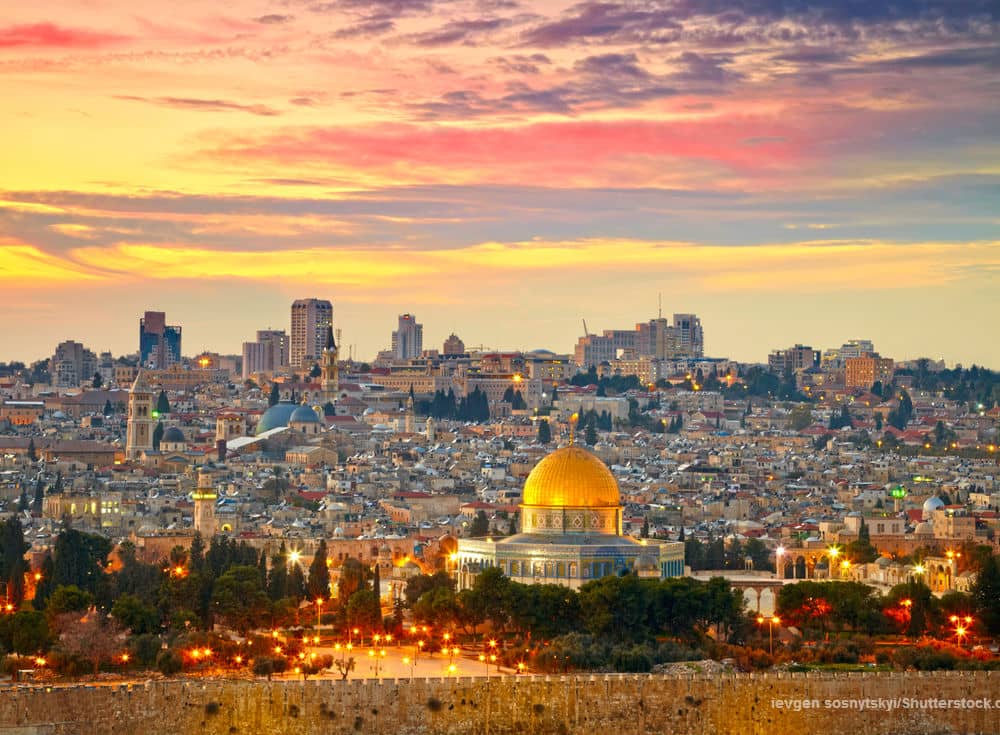Abraham, in a test of his loyalty and faith, is commanded by God to sacrifice his own son. After a three-day journey, they arrive at the designated place. Isaac is tied to the altar. Abraham raises the knife, ready to respond to God's command, but is stopped at the very last moment. "Abraham, Abraham... Do not raise your hand against the boy, or do anything to him." (Gen. 22:11-12) Abraham passes this awesome trial. He substitutes a ram for his son, thus making the shofar, the ram's horn, an eternal memorial of these events in Jewish tradition. Commentators have wrestled with the meaning of this epic story for thousands of years because the text is filled with tension and unresolved questions.
In some ways, the story's conclusion serves as a reminder that despite all of the violence committed in God's name, in the end, God does not ever demand violence or death. This epic story is a corrective to the dark side of monotheism. Precisely because religious doctrine can easily lead to violence, the Binding of Isaac warns us to not project onto God that which emanates from the baser depths of our own psyches. The narrative teaches us about the inclinations of human beings that must be kept in check.
The thoughts of so many New Yorkers this week will be on the unspeakable and horrific tragedy experienced one year ago. Our collective cries will be louder than even the strongest shofar blast. For New Yorkers of every faith, the Binding of Isaac asserts that violence committed in God's name is a desecration of the sacredness it aims to promote. Like the ram, the unwitting hero of our story, we too need to find ways to channel the violent impulses that emerge from our religious enthusiasm. The Binding of Isaac also carries a measure of hope. In New York and around the country, we have enabled life to triumph over death. There are those in our city who have come close to experiencing death and have survived. Many literally been given a second lease on life. Our city as a whole has re-evaluated what it means to be alive.
Both Rosh Hashanah and September 11 carry messages of rebirth and hope. They are days on which we are given an opportunity to face death and allow life to triumph, to envision a different humankind--days on which we can try to begin again, to rebuild ourselves, our city and our world. Already, we have begun to return from this most difficult journey of the past year as new individuals and as a city transformed.

